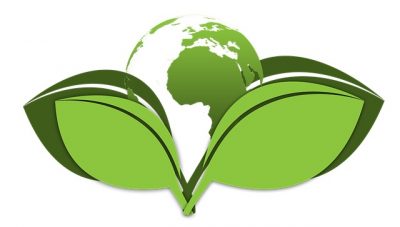
Since April 2021, organic has experienced a very marked slowdown. All surface areas combined, the growth of organic sales has continued to decline since 2015 (from +15% to +12% over the period 2015-2020).
In France, if organic has already experienced setbacks in the past, it could actually appeal less to households than before. How to explain it?
- Consumers seem to be turning more to local and fair trade
- A market whose offer is constantly growing, but not always in a qualitative way, with in particular products marked organic but whose recipes could be questionable
- New labels such as HVE (High Environmental Value) which bring confusion about the value of the organic label
- Doubts are emerging about organic and its impact on health
- A price difference is +25-50% in France between organic and non-organic products, which constitutes an obstacle, especially in times of economic uncertainty
In terms of employment, organic has offered multiple opportunities for the past ten years (an increase five times greater between 2012 and 2017) with an increase in the number of companies at all stages of the food chain: there are 201,000 jobs related with organic farming in 2020, most recent data.
So how do we restore growth for organic, which actually seems to be a better way to produce food?
- Take the time to communicate to the consumer about what organic is, its added value for health in particular, its imperfections too and rationalize the labels
- Reassure and explain its procedures with “pure players” in particular
- Keep close to producers, in particular by building supply chains and with products that must remain organic and good (essential in food!)
- In recruitment, it is essential for “conviction” brands to surround themselves with convinced and passionate employees, who will be able to promote their approach to organic.
The new European regulations offer great prospects. From this year, producers from third countries will now have to respect the same rules:
- Stricter import rules
- Cearer labeling
- Extension of the list of organic products)
- Fair competition between producers in the Member States of the European Union
They will also have to offer consumers a harmonization of the quality standards of organic products on the market (whether these products are produced in the EU or not).
These articles might interest you

Attracting generations Z and Y to the Clean Label: the rules of the game for businesses
Clean Label is winning over consumers! A simple label, ingredients like plant extracts, natural flavors, or preservatives of natural origin, and the elimination or reduction of synthetic additives… This approach, adopted by food industry manufacturers, fully meets the growing consumer demand for healthier and more traceable products. According to research firm Future Market Insights, the […]

Interim management in Nantes: a solution for the food industry
At Leaderia Transition, the first interim management company to specialize in the agri-food sector, we decided to open a branch in Nantes, close to our customers and at the heart of one of France’s most dynamic agri-food ecosystems. This Nantes branch has considerably strengthened our local presence, as well as our links with local agri-food […]

Replace an absent General Manager
A former 3* hotel, renovated and extended 3 years ago, has become a 5* hotel with 106 rooms and 3 restaurants and a spa, which employs 135 people. The hotel mainly attracts a high-end and international clientele in season, with high standards. Pending the recruitment of a permanent Director, Alexandra Labarthe, interim manager specializing in […]